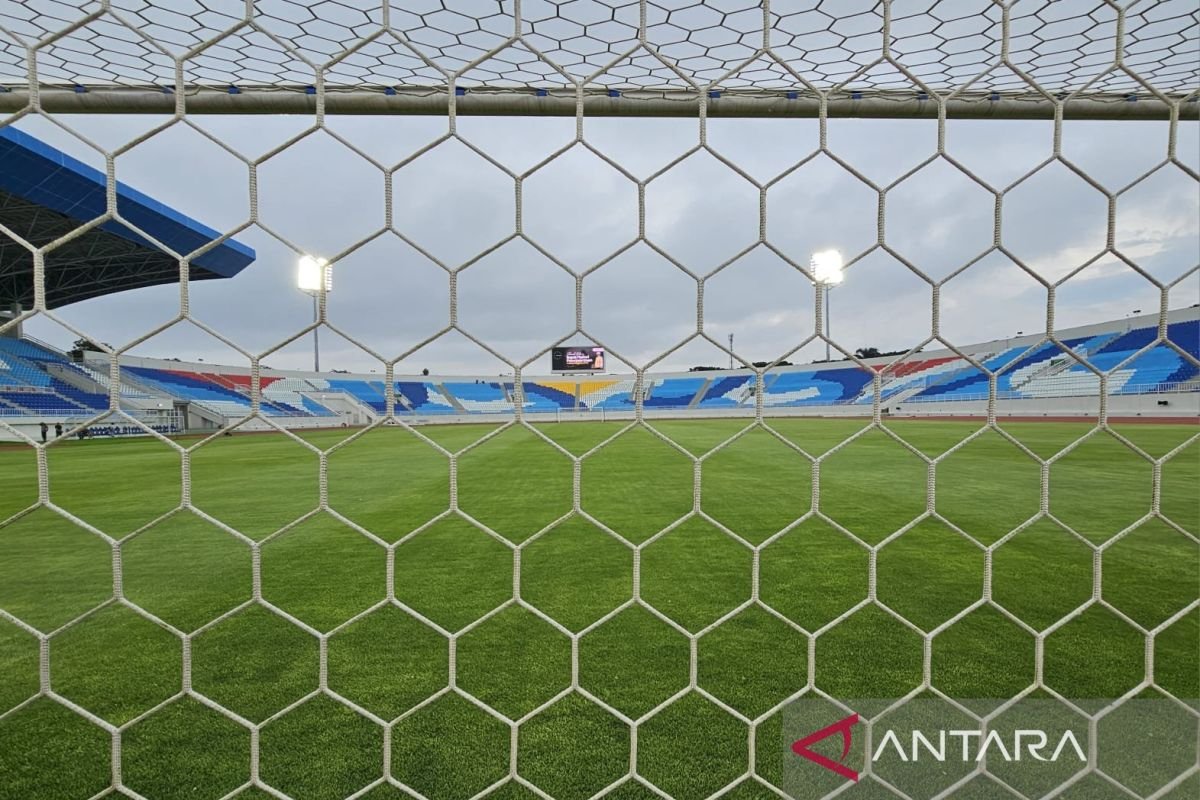Panpel Arema FC Legawa Terima Sanksi Imbas Pelemparan Bus Persik
Indonesian football experienced another tumultuous moment recently as the Panitia Pelaksana (Panpel) Arema FC has received official sanctions following an incident involving the throwing of objects at the Persik Kediri team bus. This incident, which occurred during a heated match, has sparked widespread discussions about safety and accountability in football matches across the country.
Understanding the Incident
The clash between Arema FC and Persik Kediri was marked by intense competition and high emotions, as is often seen in local derbies. However, the situation escalated when fans threw items, including bottles, at the bus transporting the Persik team. No players were injured, but this unruly behavior drew severe condemnation from football authorities and fans alike, shedding light on the ongoing challenges of fan conduct in Indonesian football.
Sanksi and Its Implications
The disciplinary committee of the Indonesian Football Association (PSSI) acted swiftly in response to the incident. They imposed a series of sanctions on the Panpel Arema FC, which included fines and a disqualification of supporters from attending future home matches. These penalties reflect a zero-tolerance approach towards violence and misbehavior within the sport, aiming to ensure the safety of players, officials, and fans alike.
The Reaction from Arema FC
In the wake of receiving the sanctions, the Arema FC management, including the Panpel, has publicly accepted responsibility for the incident. Officials have emphasized the importance of fostering a safe and respectful environment for all participants. The Panpel’s acknowledgment of the sanctions demonstrates a commitment to improving the standards of conduct during matches, not only for the team but for the broader community.
Moving Forward
As Arema FC embarks on a path of reflection following this event, it signals an opportunity for all clubs in the league to reassess their protocols for managing fan interactions and maintaining order during matches. Ensuring a tense match atmosphere does not spiral into violence remains a crucial aspect of sports management.
The incident underscores the urgent need for comprehensive strategies that enable clubs to engage with their fanbase positively and constructively. Educational campaigns, fan engagement programs, and stricter security measures during matches are just a few methods that could help avert similar incidents in the future.
Conclusion
The sanctions imposed on Panpel Arema FC highlight the evolving landscape of Indonesian football, where maintaining order and ensure safety is becoming increasingly paramount. The swift reaction from football authorities emphasizes a commitment to prioritizing the integrity of the game. As we look ahead, the focus must remain on building a culture of respect and sportsmanship, ensuring that all fans can enjoy the beautiful game in safety.
This latest development serves as a reminder that while passion for football is a hallmark of Indonesian culture, it must always be accompanied by responsibility and respect for one another.








